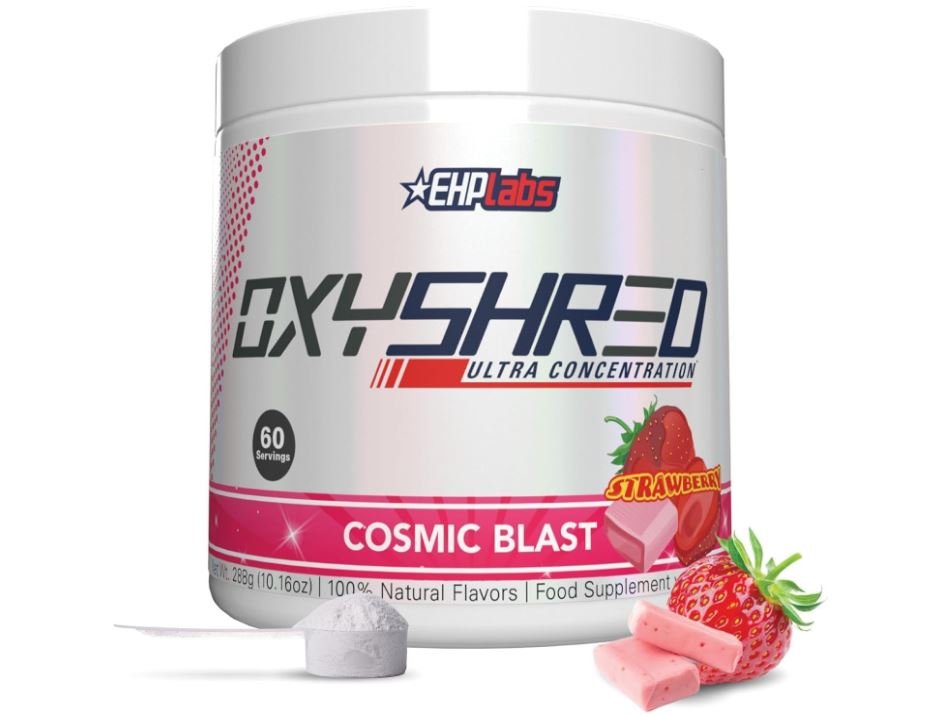Cheese is frequently torn between being a treat and being healthy. The truth is much more positive than the common belief that it should be avoided when attempting to reduce weight. Not only are some cheeses good for losing weight, they can actually help. The correct selections can preserve muscle mass, increase metabolism, and improve satiety because they are full of protein, calcium, and probiotics. Rather than avoiding cheese, people can enjoy its richness guilt-free by choosing types that are higher in nutrients and lower in fat.
UK’s Healthiest Cheeses for Weight Loss: Complete Nutritional Breakdown
Lowest Calorie Option
Cottage Cheese
25 calories per oz
Highest Protein
Parmesan
10g per oz
Best UK Artisan
Cornish Yarg
95 calories per oz
Foods that are especially good for weight loss include cottage cheese, feta, and part-skim mozzarella. They provide a healthy balance of taste and nutrients, supplying vital vitamins while limiting calorie intake. Because of their high protein content, these cheeses are a great way to control hunger and enhance meals. These healthier substitutes add to a balanced diet that promotes general wellbeing, in contrast to processed or aged foods that are heavy in saturated fats.
Complete UK Cheese Nutritional Comparison for Weight Loss
| Cheese Type | Calories (per 30g) | Protein (g) | Total Fat (g) | Saturated Fat (g) | UK Availability | Weight Loss Rating |
|---|---|---|---|---|---|---|
| Cottage Cheese Low-fat version | 25 | 3.5 | 0.8 | 0.5 | Tesco, Sainsbury’s, ASDA | ⭐⭐⭐⭐⭐ |
| Quark Fat-free option | 20 | 3.7 | 0.2 | 0.1 | Aldi, Lidl, Waitrose | ⭐⭐⭐⭐⭐ |
| Feta (Reduced Fat) Greek style | 65 | 4.5 | 5.0 | 3.5 | All major supermarkets | ⭐⭐⭐⭐ |
| Part-skim Mozzarella Fresh type | 72 | 7.0 | 4.5 | 2.9 | All major supermarkets | ⭐⭐⭐⭐ |
| Ricotta (Part-skim) Italian style | 50 | 3.2 | 3.0 | 1.9 | M&S, Waitrose, Tesco | ⭐⭐⭐⭐ |
| Wensleydale (Reduced Fat) British cheese | 95 | 6.0 | 7.5 | 4.7 | All UK supermarkets | ⭐⭐⭐ |
*All nutritional values are approximate and may vary by brand. Weight loss ratings based on calorie density, protein content, and satiety factor.
Because of its remarkably low calorie profile and high protein content, cottage cheese continues to be a standout for weight loss, providing an exceptionally clear advantage. In addition to its many uses, it has long been a favorite among fitness enthusiasts for its ability to regulate appetite and maintain muscle mass. According to studies, eating foods high in protein, such as cottage cheese, can help curb hunger and make it easier to maintain a calorie deficit without feeling deprived.
Feta offers a special blend of tangy taste and health advantages. Rich in calcium and healthy fatty acids, this Greek cheese has fewer calories than most creamy substitutes. It adds richness without being overly calorie-dense, and its slightly crumbly texture makes it simple to sprinkle over salads or roasted vegetables. Incorporating feta into well-balanced meals allows people to savor robust flavors while adhering to their health objectives.
A very flexible choice for people who want to control their weight without compromising flavor is part-skim mozzarella. Fresh mozzarella’s nutritional profile is noticeably better than that of processed cheese, which is packed with sodium and preservatives. It is especially good at stabilizing blood sugar because of its protein-to-fat ratio, which also helps to avoid cravings that frequently result in overeating. In sandwiches and pizzas made at home, mozzarella is a wise substitute for cheeses with more fat because of its mild flavor and superior melting qualities.
Another delicate cheese that is worthy of notice is ricotta. The premium protein found in ricotta, which is made from whey, promotes metabolism and muscle retention. This smooth and creamy cheese is a favorite among people searching for lighter options because it goes well with both savory and sweet foods. Because of its naturally occurring conjugated linoleic acid (CLA), which has been connected to fat loss, ricotta is an especially creative option for people who are concerned about their body composition.
When it comes to weight-loss options, parmesan cheese might not be the first cheese that comes to mind, but its strong flavor makes it possible to use less of it while still adding flavor to food. Salads, soups, and pasta can all be improved with a simple sprinkle, negating the need for thick sauces or additional salt. Since parmesan is an aged cheese, it also contains very little lactose, which makes it easier for people who are sensitive to dairy to digest.
Swiss cheese, which has a nutty flavor and characteristic holes, has less sodium than many other types. For those who need to control their salt intake without completely giving up cheese, this makes it a great option. For people who want to avoid bloating while losing weight, selecting a lower-sodium cheese, such as Swiss, can be especially helpful because sodium contributes to fluid retention.
One unique, lower-lactose, and more easily digestible substitute is goat cheese. From salads to omelets, its mildly tart flavor enhances a range of dishes while providing nutritional value. Goat cheese’s medium-chain fatty acids are more easily burned as energy rather than stored as fat, which is an additional benefit for people trying to keep their bodies lean.
The argument over whether cheese is appropriate for a diet aimed at losing weight is changing. Modern nutrition research supports dairy’s place in a balanced diet, despite outdated advice that once discouraged its consumption. Cheese provides vital nutrients that support muscle health, metabolic activity, and long-lasting energy levels, making it more than just a decadent treat.
📅 7-Day Cheese-Inclusive Weight Loss Meal Plan
Smart Portion Sizes for Weight Loss:
Perfect for breakfast or snacks
Ideal for salads and main dishes
Best for flavoring dishes
Sample Daily Combinations:
| Breakfast | 100g cottage cheese with berries and 1 tsp honey Calories: 120 | Protein: 12g |
| Lunch | Greek salad with 40g reduced-fat feta Calories: 250 | Protein: 10g |
| Dinner | Courgette noodles with 30g part-skim mozzarella Calories: 280 | Protein: 15g |
| Snack | 50g quark with cucumber sticks Calories: 35 | Protein: 6g |
❓ Frequently Asked Questions About Cheese and Weight Loss
Is cheese good for losing weight?
Yes, cheese can support weight loss when chosen wisely. Low-fat options like cottage cheese, quark, and reduced-fat feta provide high protein content that increases satiety and preserves muscle mass during calorie restriction. The key is selecting cheeses under 100 calories per serving and controlling portions.
What is the lowest calorie cheese UK?
Quark is the lowest calorie cheese available in UK supermarkets, with only 20 calories per 30g serving. It’s widely available at Aldi, Lidl, and Waitrose. Cottage cheese follows closely at 25 calories per 30g, making both excellent choices for weight management.
How much cheese can I eat per day when dieting?
When dieting, aim for 1-2 servings of cheese daily, totaling 50-80g depending on the type. For cottage cheese, you can have up to 150g per serving. For harder cheeses, limit to 20-30g per serving. This provides adequate protein and calcium while maintaining calorie control.







